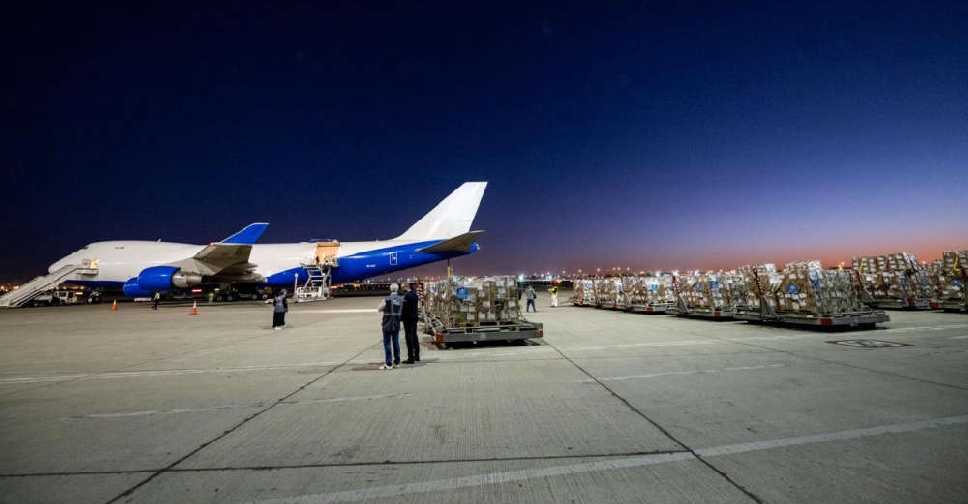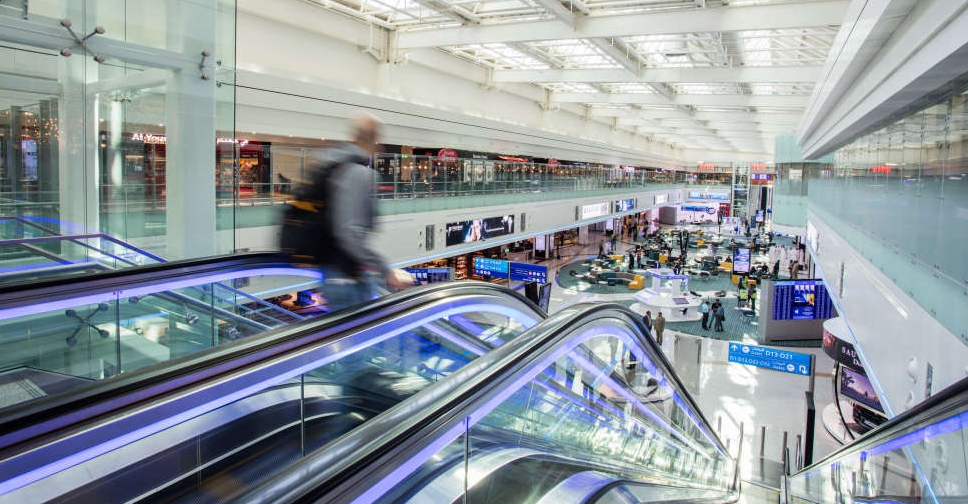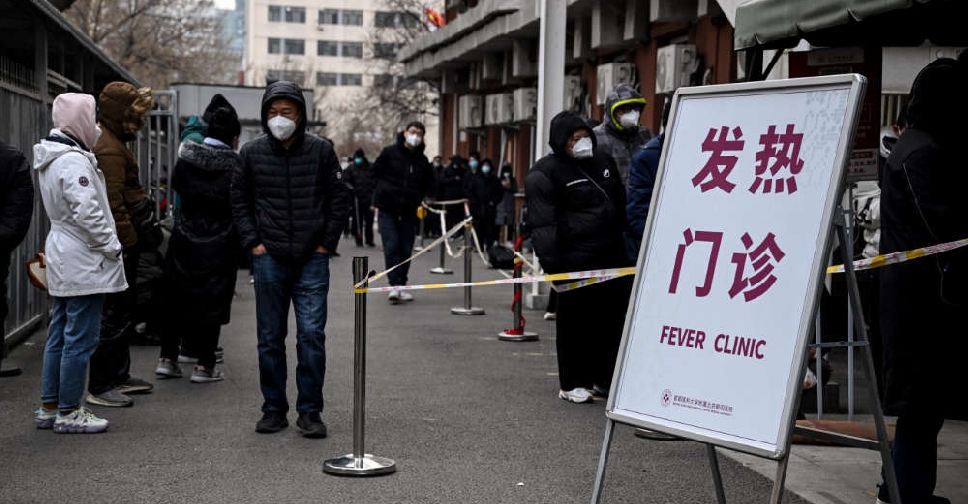
Beijing's COVID-19 gloom deepened on Sunday with many shops and other businesses closed, as anger over China's previous COVID policies gave way to worry about coping with infection.
China dropped most of its strict COVID curbs on Wednesday after unprecedented protests against them last month, but cities that were already battling with their most severe outbreaks, like Beijing, saw a sharp decrease in economic activity after rules such as regular testing were scrapped.
Anecdotal evidence suggests that many businesses have been forced to close as infected workers quarantine at home while many other people are deciding not to go out because of the higher risk of infection.
Zhong Nanshan, a prominent Chinese epidemiologist, told state media that the Omicron strain of the virus prevalent in China was highly transmissible and one infected person could spread it to as many as 18 others.
"We can see that hundreds of thousands or tens of thousands of people are infected in several major cities," Zhong said.
With regular COVID testing of Beijing residents scrapped and reserved only for groups such as health workers, official tallies for new cases have plunged.
Health authorities reported 1,661 new infections for Beijing Saturday, down 42% from 3,974 on Dec. 6, a day before national policies were dramatically relaxed.
But evidence suggests there are many more cases in the city of nearly 22 million people where everyone seems to know someone who has caught COVID.
"In my company, the number of people who are COVID-negative is close to zero," said one woman who works for a tourism and events firm in Beijing who asked to be identified as just Nancy.
"We realise this can't be avoided - everyone will just have to work from home," she said.
'HIGHER RISK'
Sunday is a normal business day for shops in Beijing and it is usually bustling, particularly in spots like the historic Shichahai neighbourhood packed with boutiques and cafes.
But few people were out and about on Sunday and malls in Chaoyang, Beijing's most populous district, were practically deserted with many salons, restaurants and retailers shut.
Economists widely expect China's road to economic health to be uneven as shocks such as labour crunches due to workers calling in sick delay a full-fledged recovery for some time yet.
"The transition out of zero-COVID will eventually allow consumer spending patterns to return to normal, but a higher risk of infection will keep in-person spending depressed for months after re-opening," Mark Williams, chief Asia economist at Capital Economics, said in a note.
China's economy may grow 1.6% in the first quarter of 2023 from a year earlier, and 4.9% in the second, according to Capital Economics.
Epidemiologist Zhong also said it would be some months before a return to normal.
"My opinion is in the first half of next year, after March," he said.
While China has removed most of its domestic COVID curbs, its international borders are still largely closed to foreigners, including tourists.
Inbound travellers are subjected to five days of quarantine at centralised government facilities and three additional days of self-monitoring at home.
But there are even hints that that rule could change.
Staff at the main international airport in Chengdu city, asked if quarantine rules were being eased, said that as of Saturday whether or not one needed to do the three days of home quarantine would depend on a person's neighbourhood authorities.




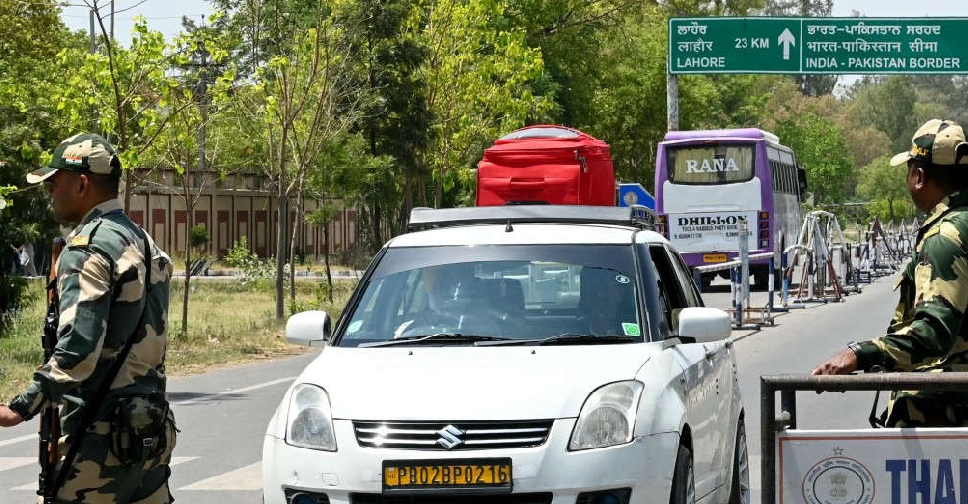 Pakistan closes air space for Indian airlines
Pakistan closes air space for Indian airlines
 India will pursue perpetrators of Kashmir attack to 'ends of earth', Modi says
India will pursue perpetrators of Kashmir attack to 'ends of earth', Modi says
 Zelenskyy cuts short South Africa trip after Russian strike on Kyiv
Zelenskyy cuts short South Africa trip after Russian strike on Kyiv
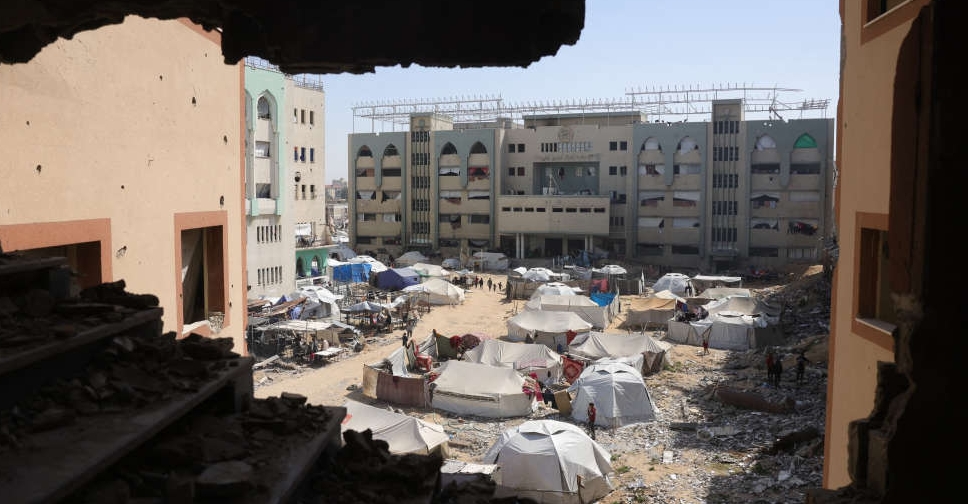 Israeli fire kills at least 26 people in Gaza, hits a police station
Israeli fire kills at least 26 people in Gaza, hits a police station
